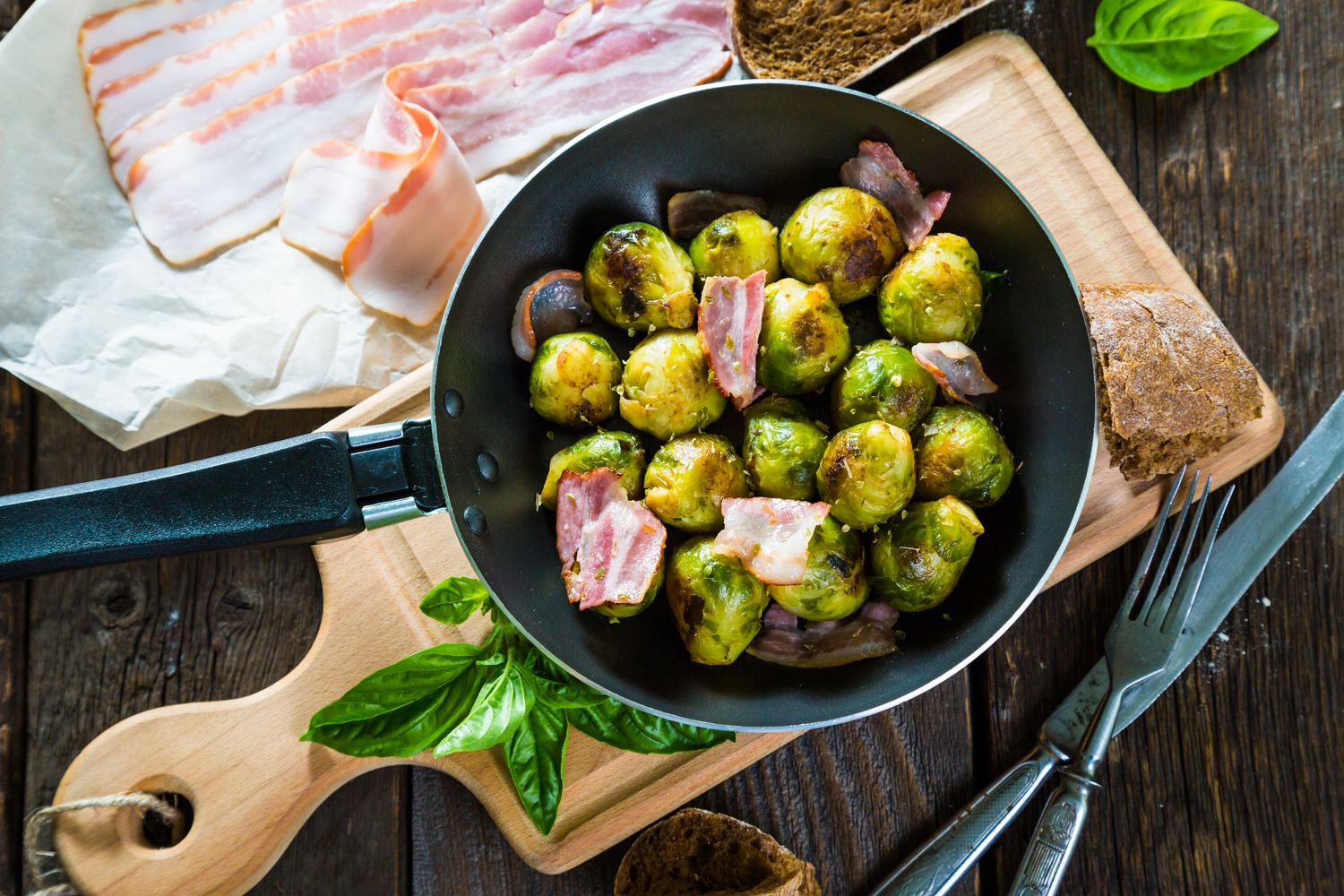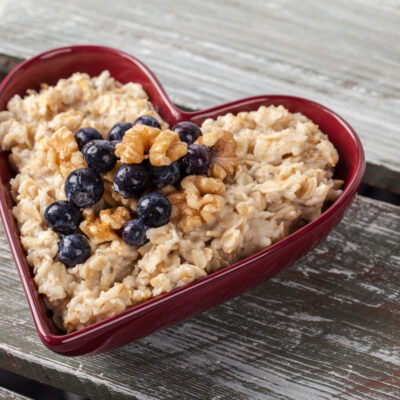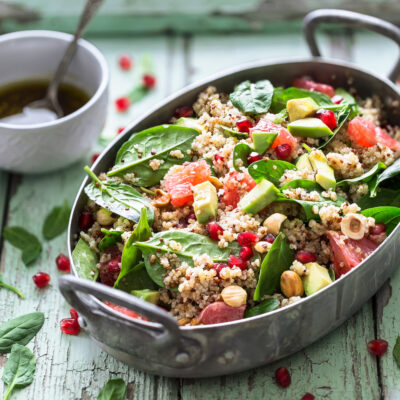
Foods to Prevent Heartburn and GERD Naturally
Gastroesophageal reflux disease, or GERD, is a digestive disorder that affects the lower esophageal sphincter (or LES) muscles between the esophagus and stomach. When these muscles relax, acid from the stomach may flow back into the esophagus, causing a burning sensation in the chest area and a bitterness in the throat and mouth, which is called heartburn. Millions of Americans suffer from heartburn, but it is more significantly present in pregnant women and obese people, along with people who smoke and drink alcohol frequently.
In the initial stages, GERD can be treated effectively by making simple lifestyle changes like reducing stress, sleeping better, and making some minor modifications to the diet. The following foods are known to help prevent heartburn and other symptoms of GERD:
1. Fresh fruits
Consume plenty of fresh fruits that are not from the citrus family. Bananas, apples, pineapples, pears, plums, guava, watermelon, muskmelon, avocados, and peaches are good choices. You can have a bowl of fruit for breakfast, along with some whole-grain cereals and some healthy nuts.
2. Colorful veggies
Include vegetables like lettuce, kale, spinach, celery, asparagus, broccoli, cauliflower, Brussels sprouts, carrots, green beans, potatoes, beetroots, and cucumber. You can enjoy these in a salad or simply sauté them in a spoon of healthy olive oil.
3. Eggs
Eggs, especially the whites, lean meats like fish, and poultry like chicken and turkey can be roasted, grilled, poached, or broiled. These are excellent sources of protein that do not cause any unnecessary weight gain or fat deposits in the body.
4. Whole grains
Nutritious complex carbohydrate-rich whole grains like whole-wheat, oatmeal, brown rice, couscous, and quinoa are valuable sources of fiber and energy for the body. When cooked correctly, these foods are easy to digest, provide the essential nutrients, and also prevent heartburn and other GERD symptoms.
5. Herbs
Fresh herbs like parsley, oregano, and basil can be included to add flavor to your meals. Along with these, fennel, cinnamon, turmeric, and fresh ginger root are spices you can include to help reduce inflammation of the esophagus and prevent the symptoms of GERD. Season your soup or salad or steep them into a cup of refreshing tea.
6. High fiber foods
High-fiber foods help in easy digestion and prevent heartburn, acid reflux, and other symptoms of GERD. Similarly, small healthy meals are more likely to help prevent heartburn and improve digestion as compared to heavy and infrequent meals. It is important to maintain a healthy body weight. Also, sleep with your head on a higher plane than the rest of the body, stop snacking right before bedtime, and do not lie down or bend over immediately after a meal. Eliminate coffee, tea, carbonated beverages, alcohol, chocolates, vinegar, citrus fruits, acidic foods, peppermint, tomatoes, garlic, onions, peppers, and deep-fried and spicy foods from your meal plan.
If you experience heartburn or other symptoms of GERD occasionally, there is nothing to worry about. However, if it happens more than once a month or frequently every week, you must consult a doctor and attend to it immediately.


